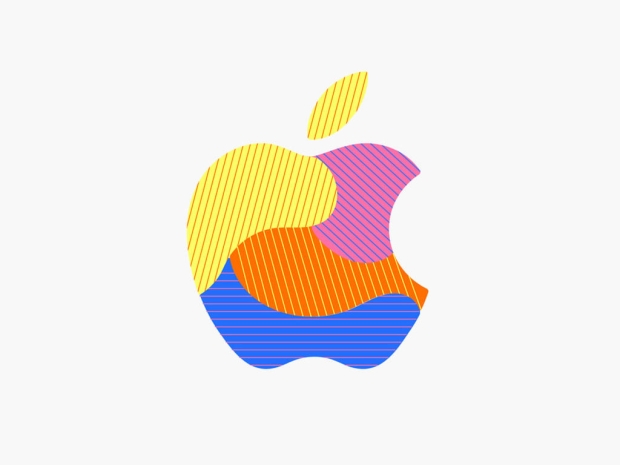This marks a significant development in the battle over online search dominance. The move signals Apple's belief that Google cannot adequately defend the lucrative revenue-sharing agreements that have funneled billions into Apple's coffers for years. Under these agreements, Google pays Apple to remain the default search engine on the Safari browser, a deal that, according to previously released documents, brought Apple an estimated $20 billion in 2022 alone. Despite the partnership, Apple’s legal filings make it clear that it does not plan to build its own search engine to compete with Google, regardless of the trial's outcome.
Apple’s decision to call witnesses in the trial, set to begin in April, underscores its determination to preserve the agreement. "Google can no longer adequately represent Apple’s interests," the company stated in court filings. "Google must now defend against a broad effort to break up its business units."
The trial promises to be a landmark case that could reshape the tech landscape. Prosecutors argue that Google’s dominance stifles competition and have proposed drastic measures, such as forcing the company to divest its Chrome browser or Android operating system.
In an attempt to placate regulators, Google has suggested loosening its default agreements with browser developers, mobile device manufacturers, and wireless carriers. However, the tech giant is not ready to end revenue-sharing agreements, which remain a cornerstone of its search business model. While Google has refrained from commenting on Apple’s latest move, the stakes are clear: the trial’s outcome could reverberate across the industry, impacting how users access online information and how tech companies structure their partnerships.
As the case unfolds, all eyes will be on the courtroom battles, witness testimonies, and the potential for a seismic shift in the tech industry’s power dynamics. One thing is certain: Apple’s involvement adds another layer of intrigue to an already historic trial.
]




